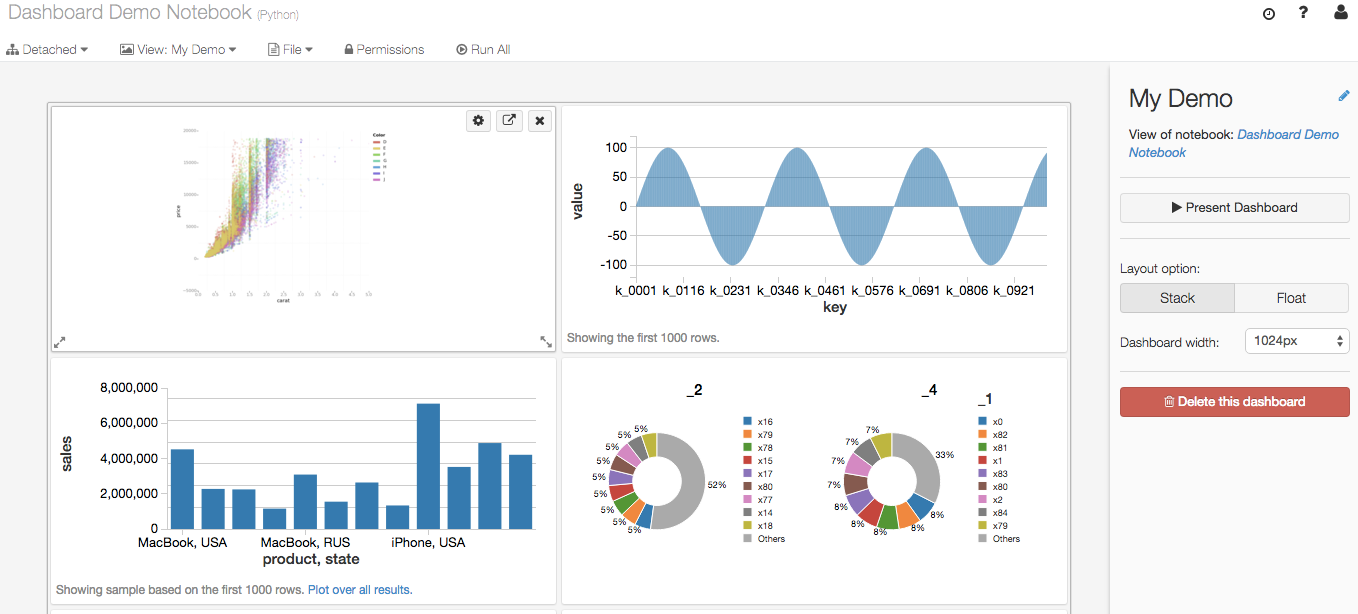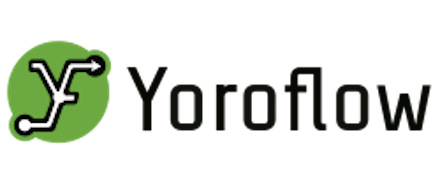Databricks Review
 OUR SCORE 89%
OUR SCORE 89%
- What is Databricks
- Product Quality Score
- Main Features
- List of Benefits
- Technical Specifications
- Available Integrations
- Customer Support
- Pricing Plans
- Other Popular Software Reviews
What is Databricks?
Databricks is a data analytics platform made by the creators of Apache Spark in order to speed up innovations by synthesizing engineering, data science, and business operations. The program is maximized for businesses that are involved in financial services, advertising, public sectors, enterprise technology software, telecommunications, energy and utilities, healthcare, industrial sectors, media and entertainment, and internet technology. This shows Databricks’ advantageous utilization of A.I.’s flexibility, cost-effectivity, and cloud storage. Moreover, its added productivity and security tools are important components that businesses can utilize in improving their efficiency and productivity.Product Quality Score
Databricks features
Main features of Databricks are:
- Compliance
- End to end
- Notification and logs
- Jobs scheduler
- Access control
- Visualization
- Run notebook as job
- Integration
- Interactive exploration
- Secure deployment
- Notebook workflows
- Integrated identity management
- Collaboration
- Auditing
- Dashboard
- Databricks runtime
Databricks Benefits

The main benefits of Databricks are its assistance in streamlining the solutions for problems and its design for the utility of Apache Spark. Here are the details:
Because of its cloud connectivity, Databricks compresses data from the unified Spark engine which uses higher-level libraries and supports data streaming, graph processing, SQL queries, and machine learning. It removes the complexity involved in handling such processes and making it more seamless for the productivity of developers.
As a cloud-native platform, it also allows collaboration among stakeholders who may be working with different programming languages such as Python, SQL, R, and Scala for machine learning models. The interactivity of the platform makes it easier for the users to visualize by point and click and scripting options like D3, ggplot, and matplotlib.
The multilevel data security of Databricks is another benefit that is inherent in the platform, which has options for adjusting access whether for identity management, fine-grained or role-based controls, data encryption, auditing, and compliance standards.
Technical Specifications
Devices Supported
- Web-based
- iOS
- Android
- Desktop
Customer types
- Small business
- Medium business
- Enterprise
Support Types
- Phone
- Online
Databricks Integrations
The following Databricks integrations are currently offered by the vendor:
- TIBC Spotfire
- Tableau
- Cassandra
- Pentaho
- Redis
- Amazon Redshift
- Talend
- Alteryx
- MnigoDB
- Looker
- Amazon Kinesis
- In addition to the tools mentioned above, Databricks supports native integration with Modern ETL tools like Hevo Data for seamless Data Lake Integration.
Video
Customer Support
Pricing Plans
Databricks pricing is available in the following plans:





